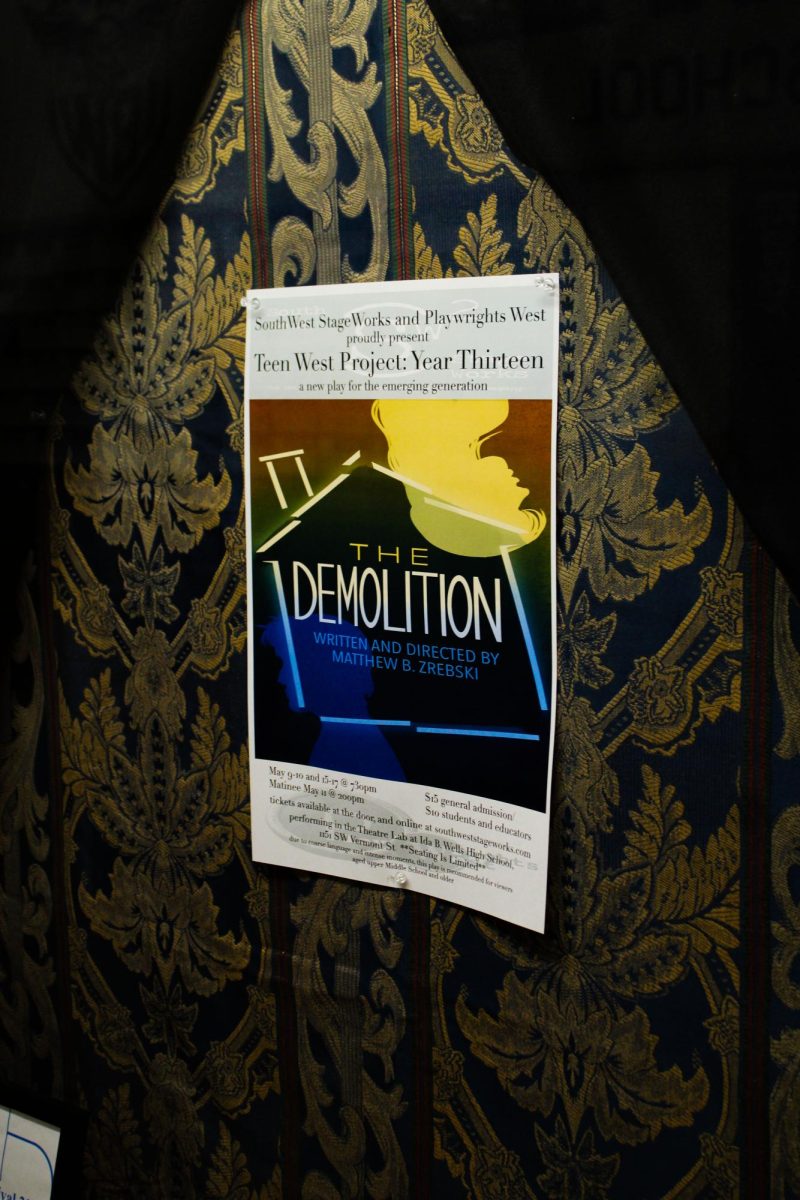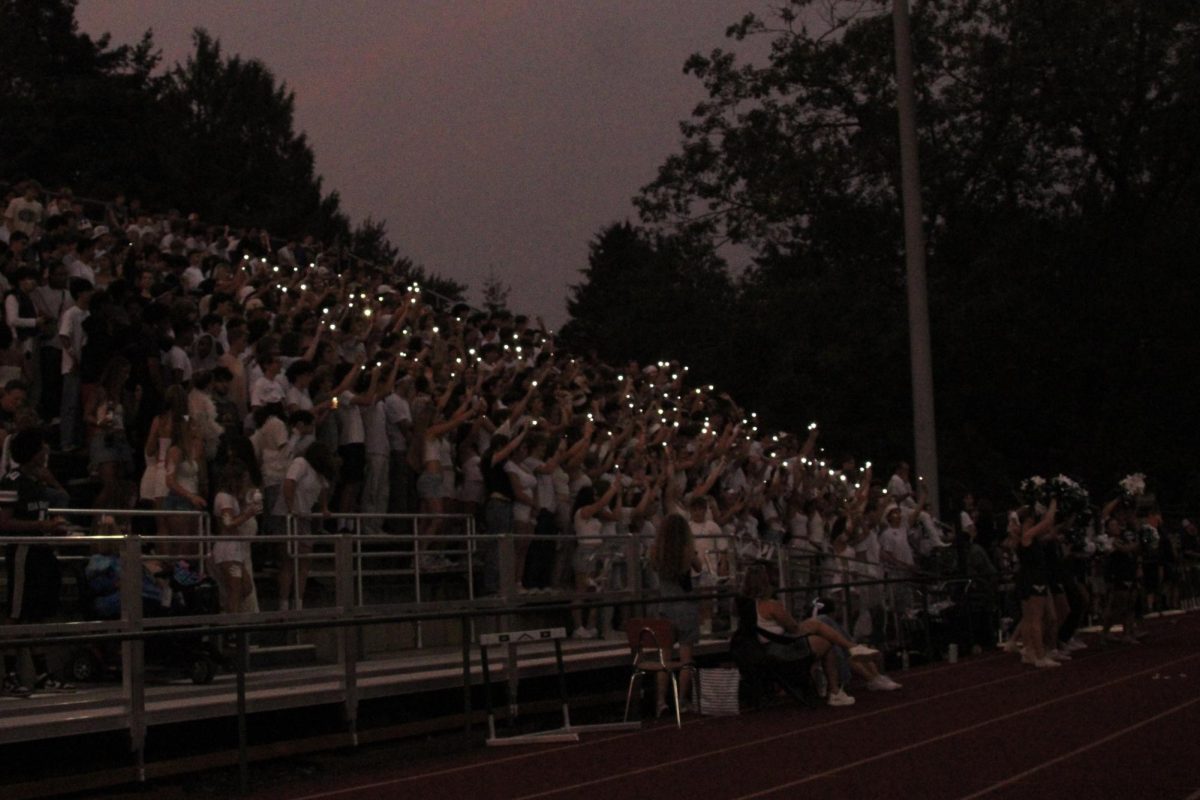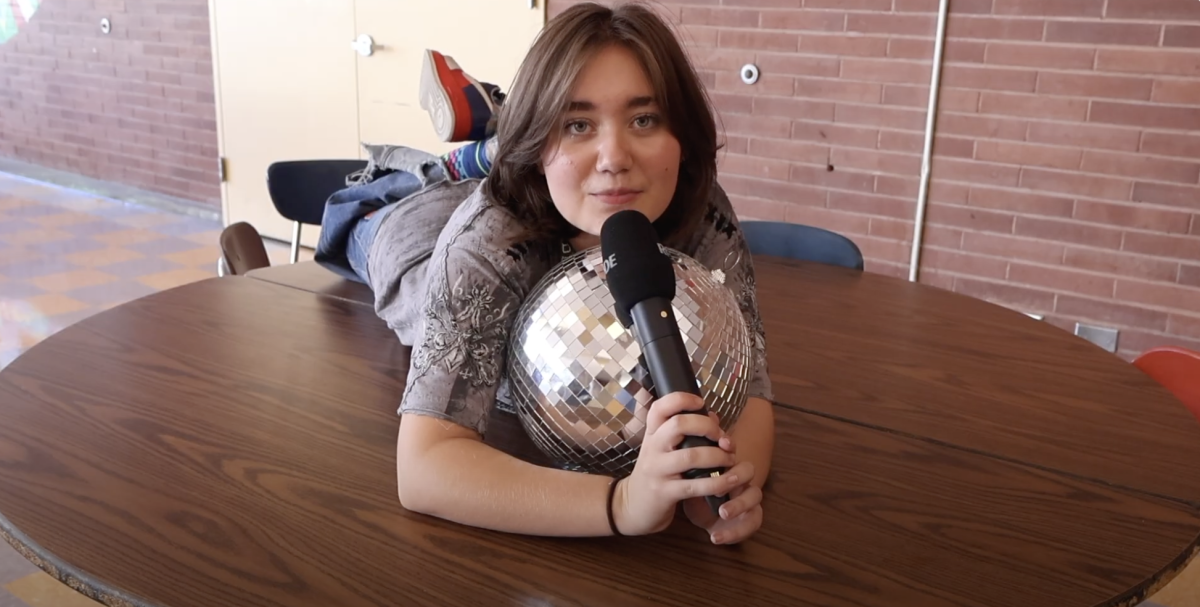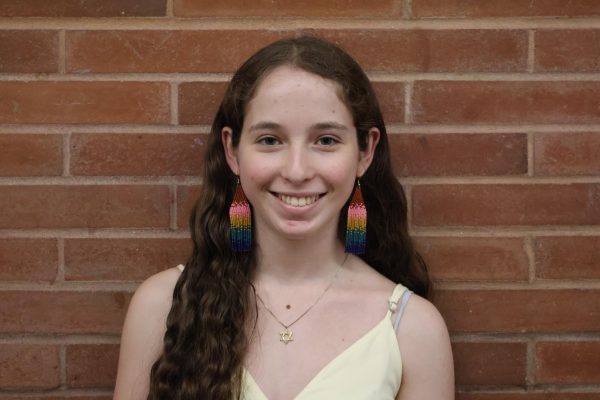Wrapping up the School Year with Southwest Stageworks’ “The Demolition”
On Friday, May 9, Southwest Stageworks premiered their newest mainstage production at Ida B. Wells High School, called The Demolition. Closing the semester with their last production of a successful year of shows, The Demolition is an intense and profound play celebrating the 13th year of Teen West Project, a partnership between Southwest Stageworks and Playwrights West. It stars twenty IBW students, and shows run from May 9-11 and May 15-17.
The play was written by Matthew Zrebski, a renowned Portland writer and director, who directed and wrote many shows for numerous professional theaters, from Teen West Projects to national productions. He created The Demolition as a darkly metaphoric portrayal of the effects of grief, artificial intelligence and the online world’s effect on teenagers’ lives.
Although it’s a very fictional concept, it speaks to some very real truths about the mental health struggles of many young adults. “The plot of the show is relatable to a certain level as all of us deal with grief in our lives,” says Max Ratner, the show’s costume designer.
The play’s main plot revolves around a young missing boy, Davis, and his friends, family and peers who search for him. Yet, as they try to unravel the mystery of what happened to him, a strange phenomenon occurs where the walls, furniture and ceilings begin to suddenly disappear, leaving a dozen teenagers in a reality where nothing exists anymore. Throughout the show and between different scenes, both the audience and characters are spoken to by Daisy, Davis’s AI girlfriend.
Knowing about the incredibly harmful effects of cyberbullying, AI and depression on teenagers, Zrebski wanted to craft a very fictional yet relatable play for the Southwest Stageworks actors to interpret. “We’re in this moment where artificial intelligence is rapidly beginning to be used,” he says. “…There’s been a couple cases where [dependence on fake artificial intelligence friends] has resulted in humans harming themselves, and we have no protections right now for young people [with AI, which] I found horrifying as an adult… As artificial intelligence gets stronger and stronger, it could result in the entire demolition of society as we know it.”
As the story’s plot develops, you begin to deduce who the true villain is, whether it’s the misunderstood and malicious popular girl, the wannabe tough guy who got himself in a dangerous situation, or Daisy, who convinced Davis to venture alone into the woods and never return. Every character in the production copes differently with the destruction of their community and their missing classmate, which is shown through several personal, slightly disturbing monologues that are spoken throughout the scenes.
One important and unique aspect of The Demolition is its formation: a structure called La Ronde. Every character only has two scenes that aren’t back-to-back. Each scene incorporates a new character or group of characters, and the story then moves to the next scene without the previous characters. This creates a full circle effect to the audience, wrapping up the show with the same character who began it. It also made it much easier for the actors to focus on their scenes, designing a less stressful rehearsal process.
“I have never done [the La Ronde structure] before, but I honestly really enjoyed it,” says Ana Widteven, an actor in The Demolition who played Nix. “I think it makes for a really interesting rehearsal process… and it was really impressive and surprising. [The sound and lighting effects] also really help the performance because [they are] so immersive and fantastical.”
The Demolition is a complex and powerful play with a plotline that reflects on the AI world that is slowly invading every aspect of our daily lives. Telling the emotional stories of students coping with the destruction of their reality, relationships and normal lives, it shows how they turn to each other in the face of the unknown, dark side of artificial intelligence.
“Theater allows audiences to use their imagination in a way that they typically can’t with film or other screens, which is why it’s so unique and such an amazing experience,” says Zrebski. “We say it’s for the emerging generation, and I’m very passionate about that.”









